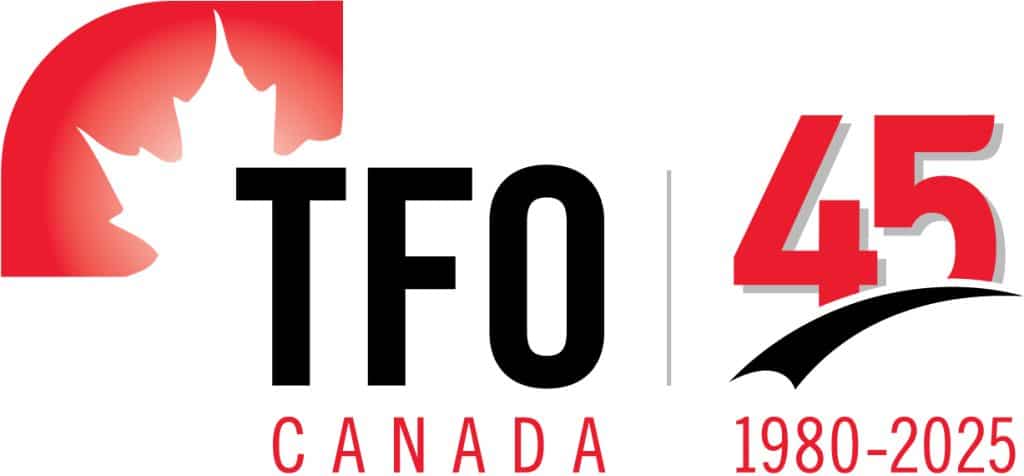“The Pacific Coast Food Waste Commitment (PCFWC) announced that Fresh Del Monte –– a global produce company that is one of the world’s leading producers, distributors, and marketers of fresh and fresh-cut fruits and vegetables — is the first grower to sign on to PCFWC’s goal of reducing and preventing food waste by 50% along the West Coast of the United States by 2030 as a climate change solution. The partnership builds on the long-standing efforts of the company to reduce food loss and waste throughout its operations while continuing its globally recognized work in sustainability. In 2021, Fresh Del Monte diverted 95% of its food waste from landfill and reduced the total amount of its food waste produced by 13% from the previous year.
The PCFWC is one of the largest public-private partnerships dedicated to food waste reduction, bringing together food businesses and local jurisdictions on the West Coast to reduce food waste in accordance with national and international sustainability targets. Fresh Del Monte’s participation will enhance the efforts of the PCFWC through their work to reduce food waste throughout their own operations and through their influence on suppliers and other partners throughout the value chain.
Food waste is a key driver of the climate crisis and is responsible for 4% of all greenhouse gas emissions in the U.S. – the same amount generated by 21% of cars on the road. Importantly, this announcement will pave the way for collaboration among other food brands on the West Coast and sends a strong signal to the industry that when businesses work together through the sharing of data and best practices in a pre-competitive format, overall progress will happen much faster.
“Sustainability is woven into the fabric of everything we do at Fresh Del Monte Produce Inc., and mitigating food waste has always been an important part of that,” said Hans Sauter, SVP of Research and Development and Chief Sustainability Officer at Fresh Del Monte. “We’re thrilled to join the PCFWC and to work collaboratively with other signatories across the Pacific Coast — a region that is particularly special to us because of our farming and processing facilities in California and Arizona and our use of Port Hueneme in California, which is one of our most important logistical hubs in North America.”
Over the years, Fresh Del Monte work in promoting soil health, carbon sequestration, water conservation, and biodiversity has earned it top accolades, including a SEAL (Sustainability, Environmental, Achievement and Leadership) award in 2021. The company has also committed to donating 2.5 million trees by 2025. More information about the company’s sustainability efforts and progress can be found in Fresh Del Monte’s 2021 Sustainability Report, to be released in October.
“As the first grower to join the PCFWC, Fresh Del Monte Produce Inc. is helping to expand the PCFWC’s work to additional segments of the food supply chain,” said Pete Pearson, Senior Director of Food Loss and Waste at World Wildlife Fund (WWF), a PCFWC resource partner. “Wasted food is a systemwide problem requiring cross-functional collaboration, and the participation of an internationally recognized produce company underscores the importance of getting commitment from all food system sectors to reach food waste reduction goals.”
The PCFWC provides a unique opportunity for businesses and jurisdictions to work collaboratively to drive food waste reduction in the Pacific Coast region. Signatories to the PCFWC receive a range of benefits, including:
- Return on Investment – Food waste reduction programs around the world have shown proven significant return on investment for all types of food businesses;
- Data Insights – Aggregated anonymous reporting from all PCFWC signatories enables businesses to measure their progress, identify priority areas of action, and benchmark against competitors; and
- Industry Collaboration – Pre-competitive Working Groups open to all PCFWC signatories offer opportunities for businesses to learn from each other’s successes; discuss solutions to challenges; and engage with government representatives through special policy roundtable discussions.
The PCFWC also serves as a model of collaboration for other regions around the country to do their part to reduce food waste. It is aligned with the “U.S. Food Loss and Waste 2030 Champions” program from the USDA and EPA, as well as important global efforts, such as World Resources Institute’s “10x20x30” initiative, which brings together ten of the world’s biggest food retailers – including PCFWC signatories Sodexo and Walmart – and providers to each engage with 20 of their priority suppliers – including Fresh Del Monte – to halve rates of food loss and waste by 2030. All of these efforts were implemented to drive action to achieve United Nations Sustainable Development Goal 12.3, which details targets for food waste reduction around the world.
In 2019, the Pacific Coast Collaborative – a coalition including the U.S. states of Washington, Oregon, and California; British Columbia, Canada; and the cities of Seattle, Portland, San Francisco, Oakland, Los Angeles, and Vancouver, British Columbia; along with nonprofit resource partners ReFED, World Wildlife Fund (WWF), and WRAP – called on food businesses and their supply chain partners to join the PCFWC, one of the largest public-private partnerships in the world focused on reducing food waste. In addition to Fresh Del Monte, current signatories include:
- Retail: Albertsons Companies West Coast division (which includes stores such as Albertsons, Safeway, Vons, and Pavilions); The Kroger Co.; PCC Community Markets; New Seasons Market; Raley’s; Sprouts Farmers Markets; and Walmart
- Manufacturing: Food Northwest (industry association); Bob’s Red Mill; and Lamb Weston
- Foodservice: Sodexo
- Distribution: Organically Grown Co.
Food businesses and jurisdictions interested in joining the PCFWC can visit http://pacificcoastcollaborative.org/food-waste/.”
*This article is excerpted from perishablenews.com, published on 19th September 2022
